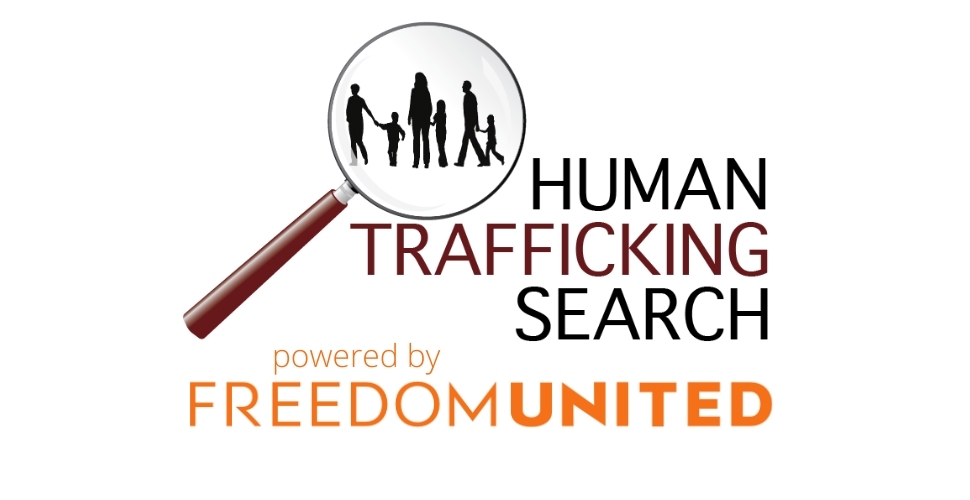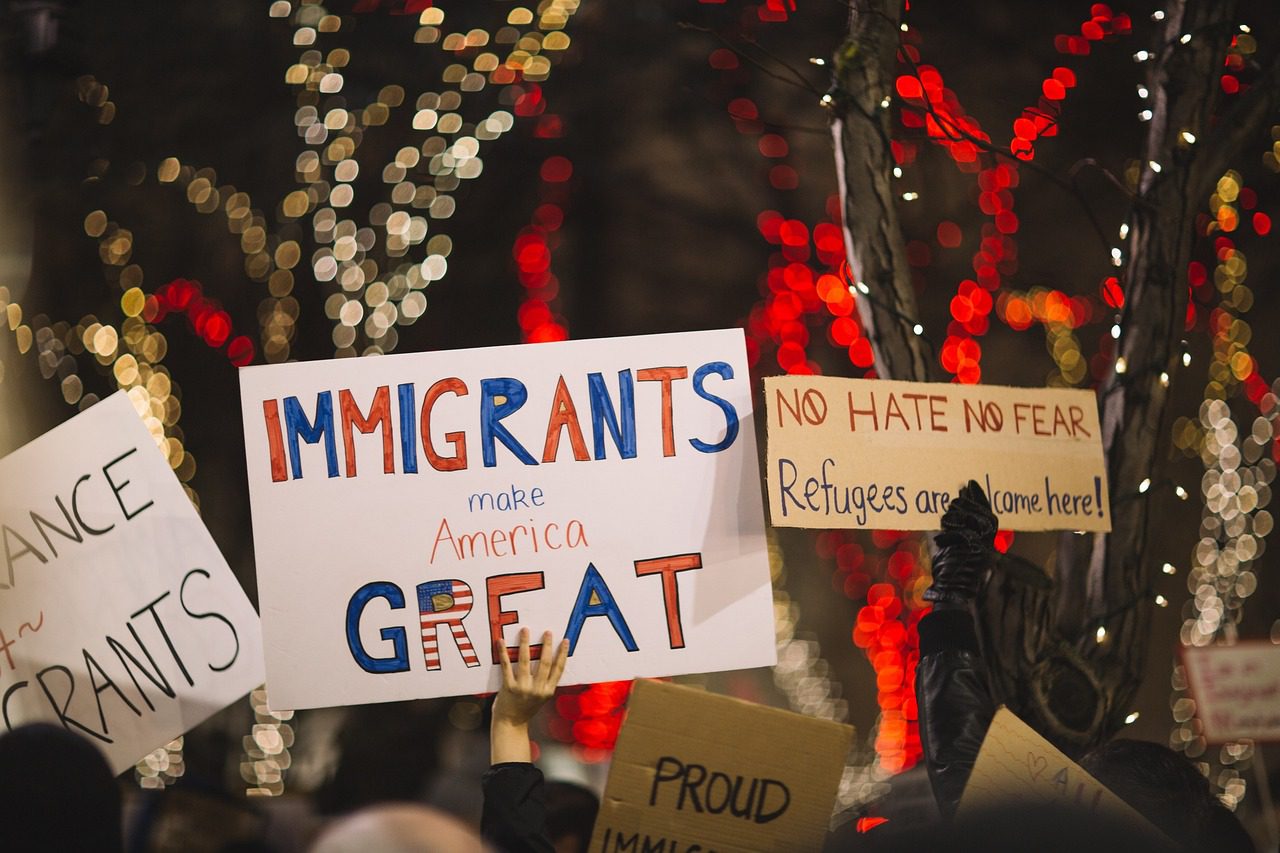
Foreword
The Organization for Security and Co-operation in Europe (OSCE) and the Regional Support Office of the Bali Process (RSO) have jointly developed this brief on the emerging nexus of artificial intelligence (AI), trafficking in persons (TIP)* and transnational crime. This collaboration brings together two regional antitrafficking organisations in the fight against transnational crime: the OSCE, the world’s largest regional security organisation, working to ensure stability, peace, and democracy for over one billion people across North America, Europe, and Asia; and the RSO, supporting a forum of 49 members primarily from across the Asia-Pacific dedicated to countering people smuggling, trafficking in persons, and related transnational crime. Together, these organisations’ reach extends over four continents and 98 countries.
Our collaborative effort to develop this report underscores a fundamental reality: trafficking in persons is a global challenge that transcends borders, and the advent of AI technologies has the potential to amplify both its reach and complexity. As AI continues to reshape our world, its impacts—both positive and negative—will be felt on a truly global scale. It is precisely this global nature of both trafficking and AI that necessitates coordinated, regional and international responses.
The partnership between the OSCE and the RSO in producing this brief exemplifies the kind of crossregional collaboration that will be essential in supporting effective preparation and response to AI-facilitated trafficking. By combining our diverse perspectives, expertise, skills and resources, we can develop more comprehensive strategies and solutions that address the nuances of this evolving threat across different geographical and cultural contexts, while also delivering these insights to a global audience.
The intersection of AI and transnational crime, particularly its application in human trafficking, represents an emerging and critically important area of study. This brief has been developed with a clear objective: to equip policymakers, law enforcement agencies, and the technology sector with the insights needed to anticipate and pre-emptively address the potential implications of AI on trafficking in persons.
While we respond to the early instances of the use of AI by transnational criminal organisations, such as within Southeast Asia’s cyber-scam centres, a more systemic approach is required. The potential for transnational criminal organisations to significantly expand their operations using AI technologies is considerable, and with it comes the risk of exponentially increasing harm to individuals and communities worldwide.
It is imperative that we act now, before the most severe impacts of AI-enabled trafficking are realised. We have a unique time-limited opportunity—and indeed, a responsibility—to plan, train, and develop policies that can mitigate these emerging threats. This report aims to concretise this discussion by outlining specific scenarios where AI and trafficking could intersect, and to initiate a dialogue on how we can prepare and respond effectively.
This document is not intended to be definitive, but rather to serve as a foundation for a broader, ongoing discussion. The ideas presented here are initial steps, and it will require innovative thinking, adequate resourcing, and sustained engagement from all sectors to build upon them effectively.
As we explore this complex issue, we must acknowledge that while the challenge before us is formidable, it is not insurmountable. By fostering collaboration between technology experts, law enforcement, policymakers, and anti-trafficking organisations across regions and continents, we can work towards developing robust strategies to counter the misuse of AI in trafficking in persons.
The future of this endeavour is being shaped now, and it is important for all of us to ensure that emerging technologies become tools for prevention and protection, rather than exploitation. Let this report serve as a call to action, prompting us to implement proactive measures that safeguard human security in the age of artificial intelligence. The OSCE and RSO are committed to leading this initiative, but success will require the engagement and dedication of stakeholders across both the OSCE’s and Bali Process’ Membership, as well as more broadly across the globe. Together, we can establish a united front against the abuse of AI to facilitate trafficking in persons and create a safer, more just world for all.
Read or download full report












